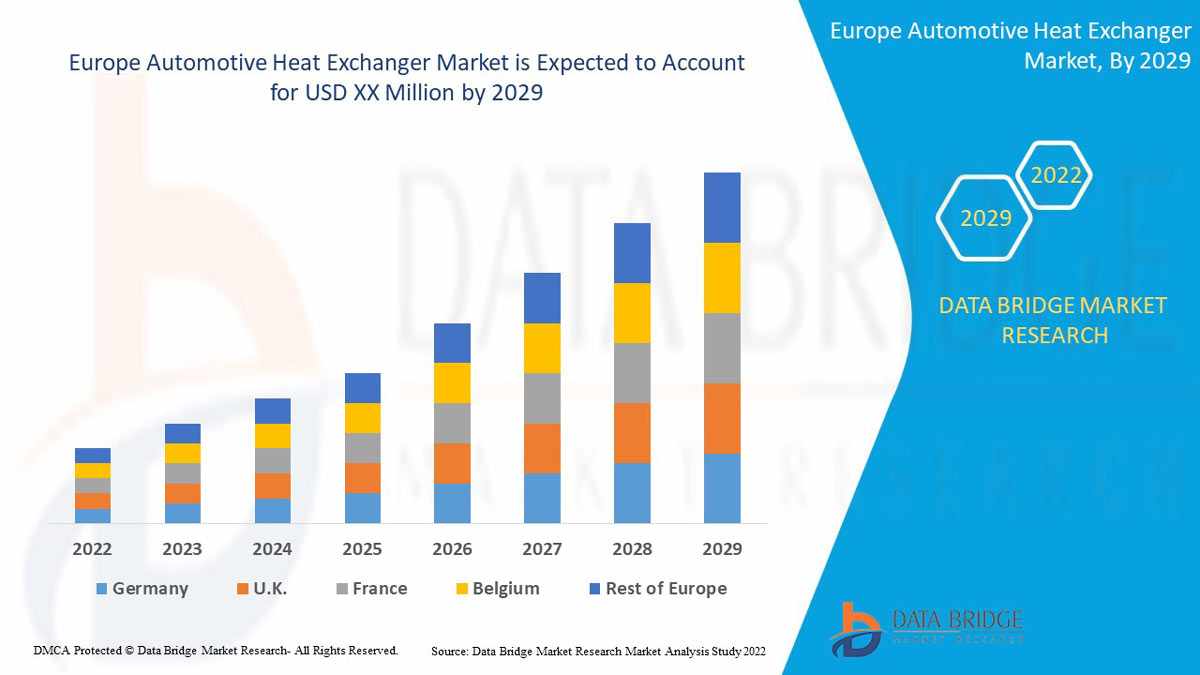
The automotive heat exchanger is an essential component in modern vehicle systems, facilitating thermal energy transfer to maintain optimal engine and system performance. As vehicle technologies evolve and environmental regulations tighten, the demand for efficient thermal management systems is accelerating. In Europe, where the automotive industry is both highly advanced and deeply rooted, heat exchangers have emerged as critical to achieving better fuel economy, emission reduction, and overall engine efficiency. The Europe automotive heat exchanger market is growing steadily, driven by both technological innovation and policy mandates that encourage cleaner and more efficient transportation.
Click Here : https://www.databridgemarketresearch.com/reports/europe-automotive-heat-exchanger-market
Trends
The Europe automotive heat exchanger market is witnessing several notable trends. One major trend is the rapid adoption of electric and hybrid vehicles, which require advanced thermal management systems to regulate battery temperature and ensure optimal performance. Unlike traditional combustion engines, electric powertrains generate different heat signatures, necessitating specialized heat exchangers that are compact, lightweight, and energy-efficient.
Another prominent trend is the shift toward aluminum-based heat exchangers due to their superior conductivity, corrosion resistance, and lighter weight compared to copper or brass alternatives. Automakers are increasingly prioritizing lightweight components to reduce vehicle weight and enhance fuel efficiency, further driving the preference for aluminum solutions.
Modular and compact designs are also gaining traction as manufacturers aim to reduce engine compartment space without compromising performance. Additionally, technological advancements such as brazed plate heat exchangers and micro-channel heat exchangers are improving heat transfer efficiency while minimizing environmental impact.
Market Size
The Europe automotive heat exchanger market has exhibited robust growth over recent years. In 2024, the market was valued at approximately USD 4.1 billion and is expected to grow at a compound annual growth rate (CAGR) of around 6.2% during the forecast period from 2025 to 2030. Germany, France, and the UK are the leading contributors due to their strong automotive manufacturing bases and continuous investments in R&D.
The growing presence of global automotive giants such as Volkswagen, BMW, Mercedes-Benz, Renault, and Stellantis in Europe further strengthens market dynamics. As vehicle production in the region continues to scale with a focus on sustainability and energy efficiency, the market for automotive heat exchangers is poised for significant expansion.
Latest Trending Reports :
Global Photoelectric Sensor Market
Global Energy Drinks Packaging Market
Global Soil Treatment Market
Global Rotogravure Printing Doctor Blade Market
Global Leak Detection and Repair Market
Global Acute Cholecystitis Market
North America Vegetables and Fruits Market
Global Hotel Armchair Market
Global Application Processor Market
Market Share
The passenger vehicle segment dominates the automotive heat exchanger market in Europe, accounting for over 55% of the total market share. This is primarily due to the high volume of passenger car production and the widespread use of engine cooling, air conditioning, and oil cooling systems in these vehicles.
Among types, the radiator segment holds the largest share, followed by oil coolers and intercoolers. Radiators remain indispensable for maintaining optimal engine temperature, while the increasing turbocharging of engines has propelled the demand for intercoolers.
Germany holds the largest geographical market share, driven by its leadership in automotive innovation and production capabilities. France and the UK follow closely, supported by robust domestic demand, automotive exports, and a strong emphasis on cleaner mobility solutions.
Growth Factors
Several factors are fueling the growth of the automotive heat exchanger market in Europe. First is the stringent emission regulations such as Euro 6 and the upcoming Euro 7 norms that compel manufacturers to adopt more efficient thermal systems. These policies mandate lower CO₂ and NOₓ emissions, achievable only through precise engine temperature management.
The rise of electric and hybrid vehicles is another growth catalyst. EVs require thermal management for battery packs, power electronics, and cabin climate control. This diversification of applications has significantly expanded the demand base for heat exchangers in the region.
Increased production and sales of commercial vehicles, including light-duty and heavy-duty trucks, have also boosted market growth. As logistics and freight operations expand across Europe, vehicle uptime and efficiency become crucial, with advanced heat exchangers playing a key role in minimizing wear and fuel consumption.
Moreover, consumer preference for vehicles with advanced air conditioning and comfort systems enhances the demand for HVAC-specific heat exchangers.
Demand Dynamics
The demand for automotive heat exchangers in Europe is primarily driven by the growing complexity of vehicle thermal systems. Modern vehicles incorporate multiple sub-systems such as turbochargers, exhaust gas recirculation, battery cooling, and transmission oil cooling, all of which require efficient heat exchange.
Urbanization and increased vehicle usage in cities have created a need for compact and efficient heat exchanger solutions that can perform in varied driving conditions. Additionally, as consumers become more environmentally conscious, the demand for fuel-efficient and low-emission vehicles rises, indirectly boosting the heat exchanger market.
OEMs and Tier 1 suppliers are actively investing in next-generation technologies that allow heat exchangers to operate more efficiently under dynamic loads. The integration of smart sensors and electronic control systems within heat exchangers is also gaining popularity, enabling real-time monitoring and adaptive performance control.
Future Insights
The future of the Europe automotive heat exchanger market is tightly linked to the broader transition toward electrification and carbon neutrality. As Europe pushes toward its Green Deal targets and zero-emission goals by 2050, thermal management systems will play a vital role in shaping the performance, safety, and longevity of new-age vehicles.
Solid growth is expected in the battery thermal management systems (BTMS) segment, with innovations focused on two-phase heat transfer technologies and immersion cooling becoming more mainstream. These developments aim to address the critical need for precise temperature control in lithium-ion batteries, which is essential for performance and safety.
Recycling and sustainability will also become significant themes in product development. Manufacturers are exploring recyclable materials, low-carbon manufacturing processes, and designs that support easy disassembly and reuse, aligning with the circular economy model.
With autonomous vehicles on the horizon, the need for advanced cabin climate control and sensor cooling will create new use cases for specialized heat exchangers. Additionally, government incentives for EV manufacturing, infrastructure development, and R&D funding will continue to fuel market innovation and expansion.
Conclusion
The Europe automotive heat exchanger market is evolving rapidly under the influence of sustainability goals, electric mobility trends, and technological innovation. From radiators to battery thermal systems, heat exchangers are at the core of vehicle performance and regulatory compliance. With demand surging across both conventional and electric platforms, the market presents strong opportunities for manufacturers, suppliers, and investors aligned with future-ready, energy-efficient transportation solutions.
About Data Bridge Market Research:
An absolute way to forecast what the future holds is to comprehend the trend today!
Data Bridge Market Research set forth itself as an unconventional and neoteric market research and consulting firm with an unparalleled level of resilience and integrated approaches. We are determined to unearth the best market opportunities and foster efficient information for your business to thrive in the market. Data Bridge endeavors to provide appropriate solutions to the complex business challenges and initiates an effortless decision-making process. Data Bridge is an aftermath of sheer wisdom and experience which was formulated and framed in the year 2015 in Pune.
Contact Us:
Data Bridge Market Research
US: +1 614 591 3140
UK: +44 845 154 9652
APAC : +653 1251 975
Email:- corporatesales@databridgemarketresearch.com

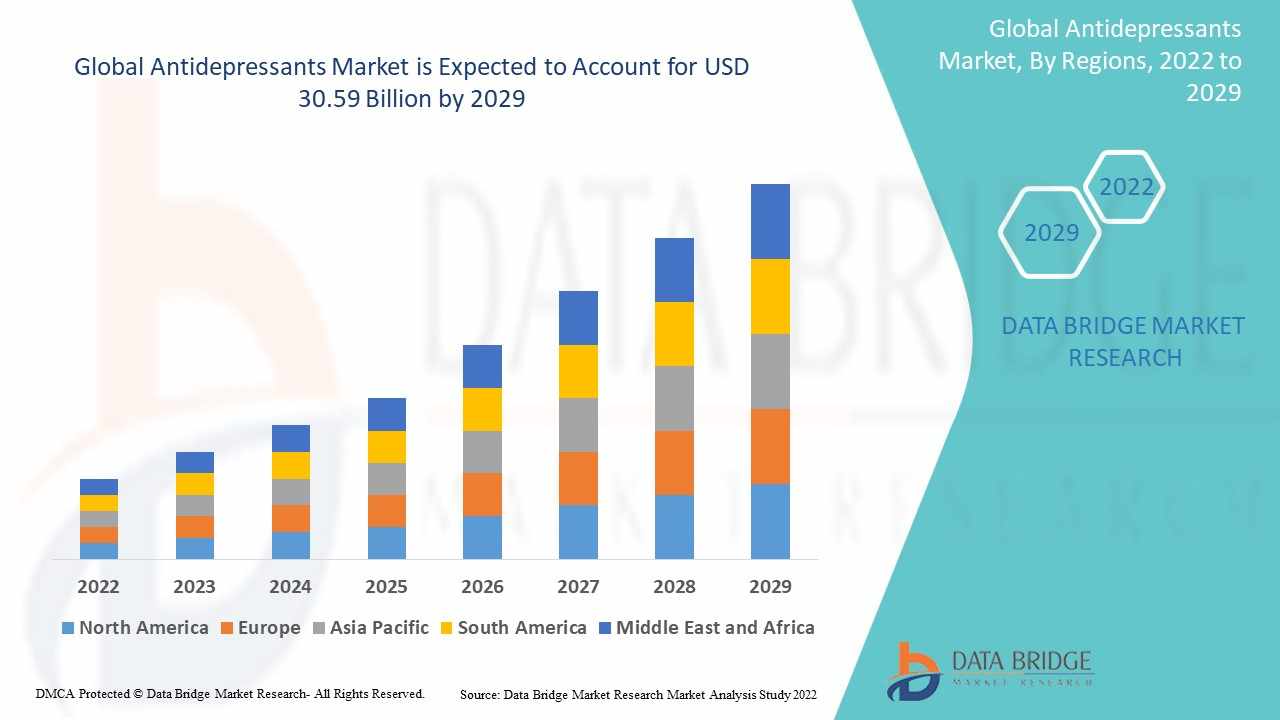
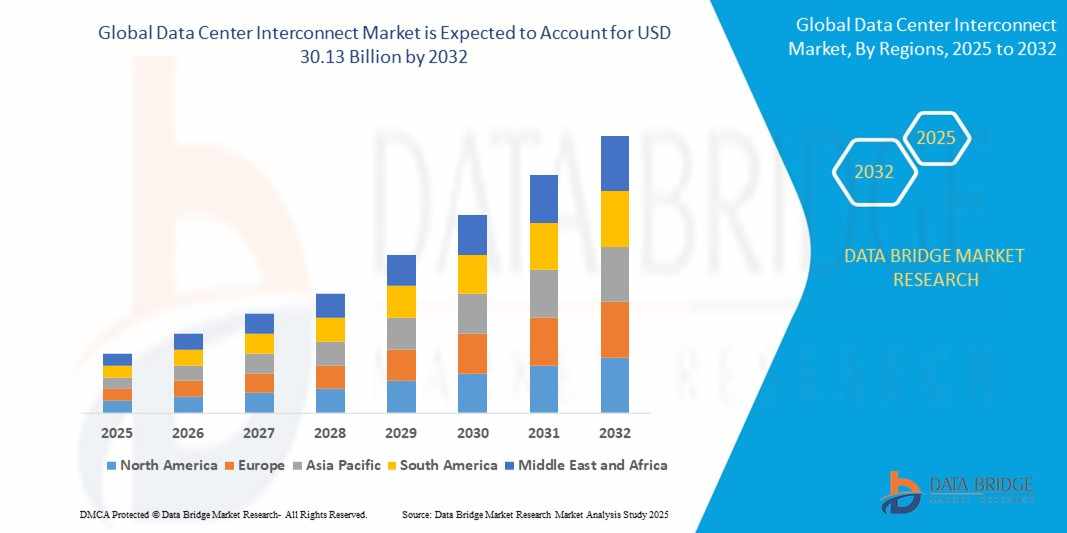
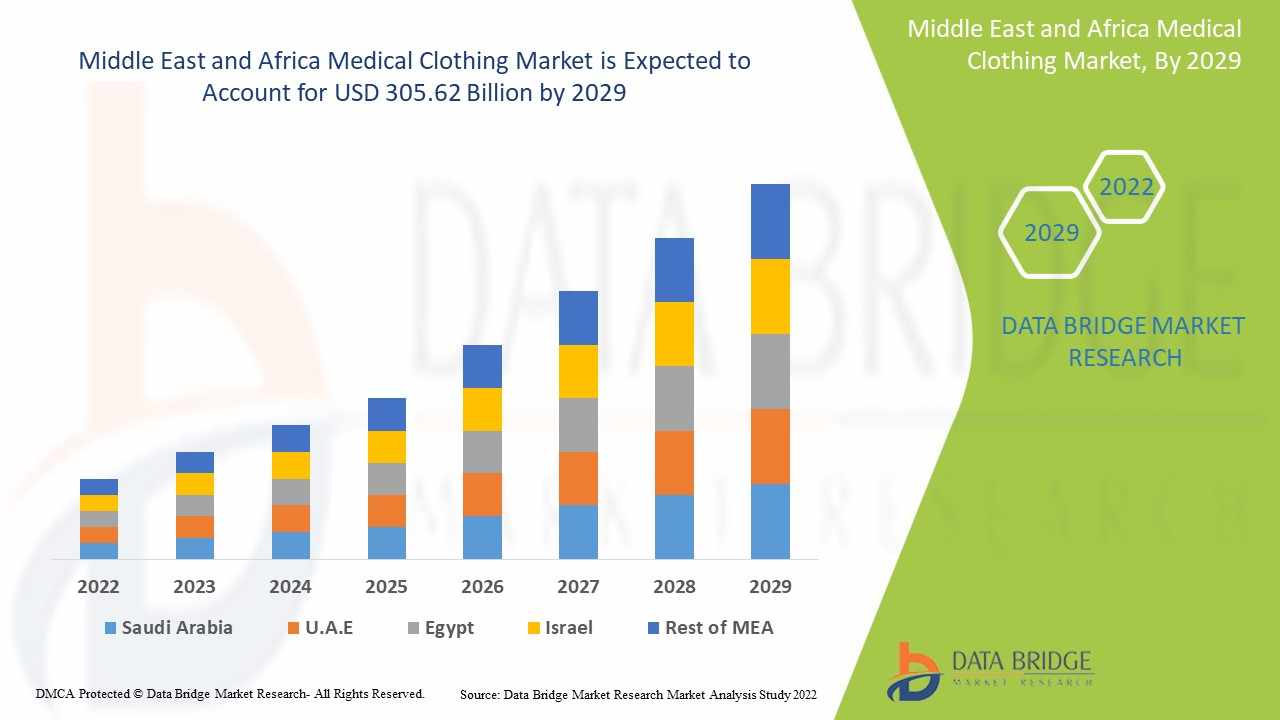
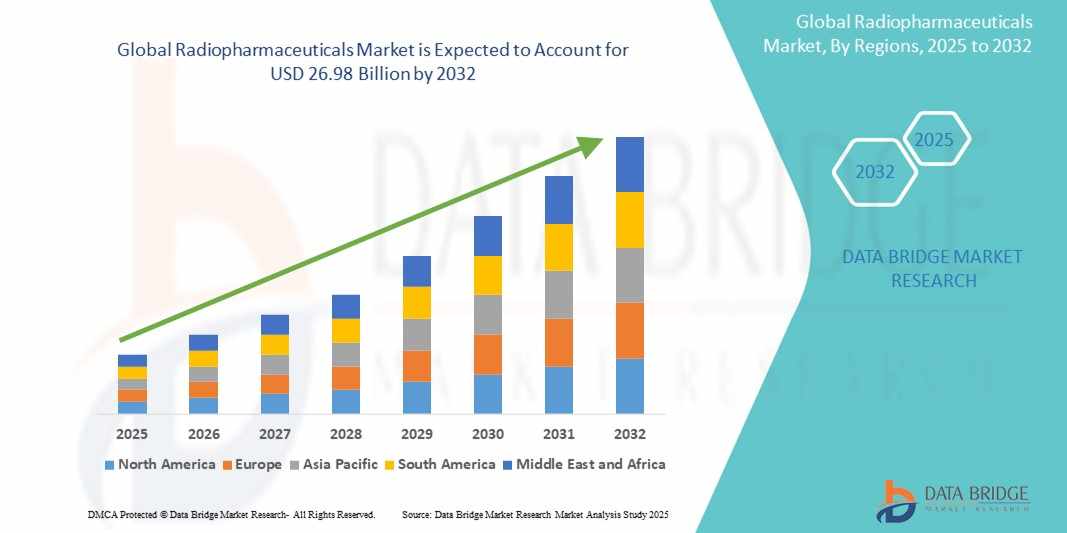
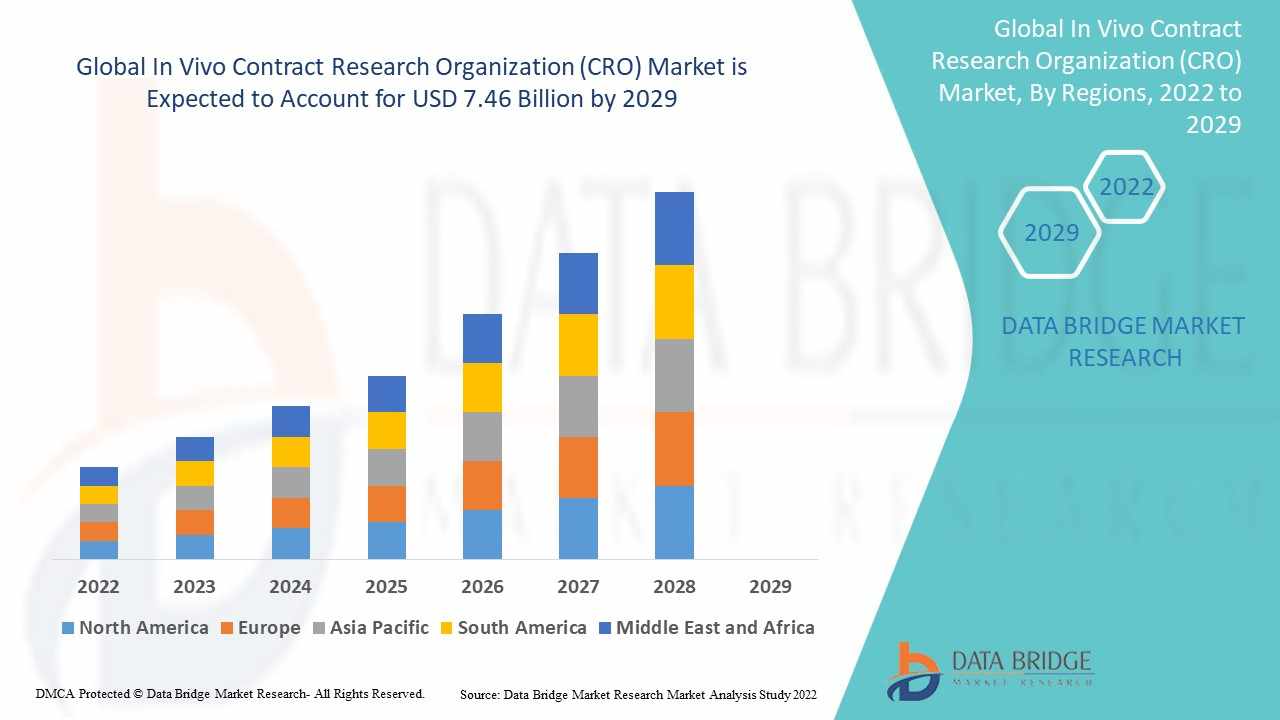



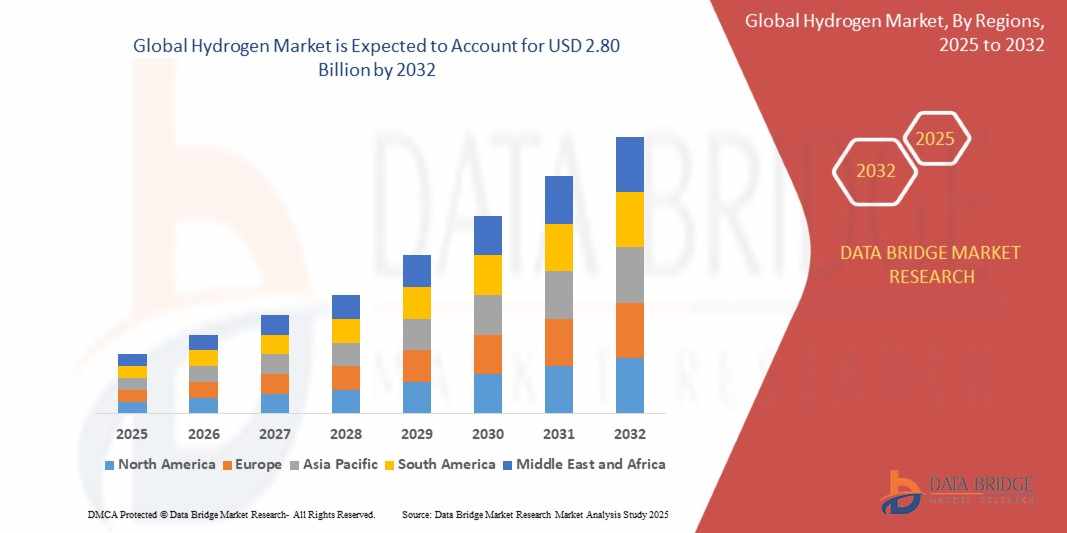
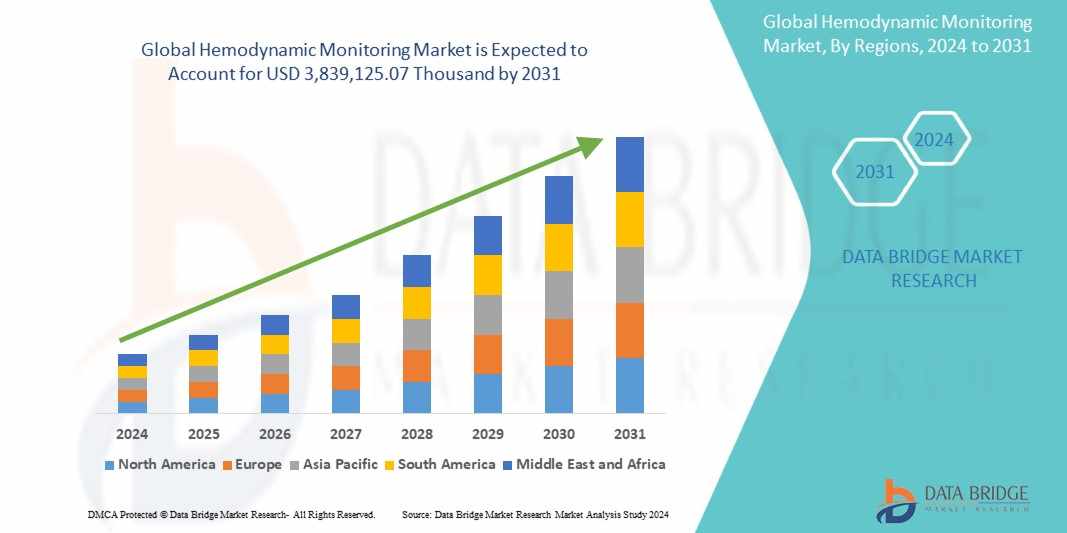









Write a comment ...